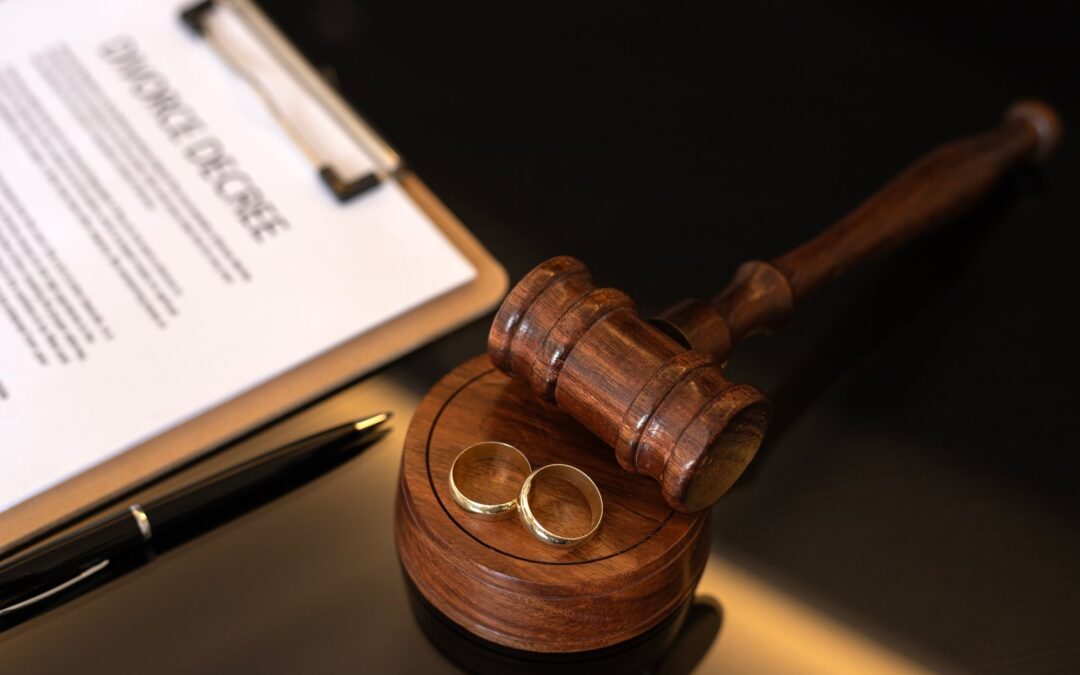 Whenever parents divorce, a court will order support for any children under the age of 21. The amount is either calculated under guidelines established by New York law or agreed to by the parties provided the agreement meets certain requirements. If one parent stops paying child support, the other parent can seek enforcement.
Whenever parents divorce, a court will order support for any children under the age of 21. The amount is either calculated under guidelines established by New York law or agreed to by the parties provided the agreement meets certain requirements. If one parent stops paying child support, the other parent can seek enforcement.
Administrative enforcement of child support
New York has a child support enforcement program in every county. Known as the Office of Child Support Enforcement, the agency enforces a child support order when the noncustodial parent does not pay by, for example, suspending the offender’s driver’s or professional license(s) and his or her passport – all without going to court.
Court petition for enforcement
When administrative enforcement is not successful, an enforcement petition can be filed with the family court. Note that a parent can also seek enforcement of court-ordered health insurance for children if that is an issue. The court will determine what amount, if any, is owed based on the parties’ evidence. If support has not been paid, the court can order money judgments for the arrears; order the noncustodial parent into a work program; order that a hearing take place to suspend state-issued business, professional, or occupational licenses; or issue probation or jail sentences.
The court can also order a payment plan for arrears providing that the parent pay an extra amount of support every month towards the amount owed. The party seeking enforcement may request attorney fees if the child support agreement provides for it or in other limited instances. However, fees will not be awarded if the party was delinquent due to a financial hardship.
If a parent still does not pay after a court order, the other parent can get assistance from the Support Collection Unit (SCU) who can enforce a child support order through payroll deductions, State and federal income tax refunds and lottery winnings, seizing assets, suspending driver’s licenses, suspending or denying passports, and notifying credit reporting agencies of child support arrears. The SCU can also refer the case for collection to the New York State Department of Taxation and Finance.
If you owe child support due to a change in circumstances, you should seek a modification of the amount as soon as possible. If the other parent is seeking to enforce support against you or you are the parent needing enforcement, contact us to discuss the best way to resolve your matter.

